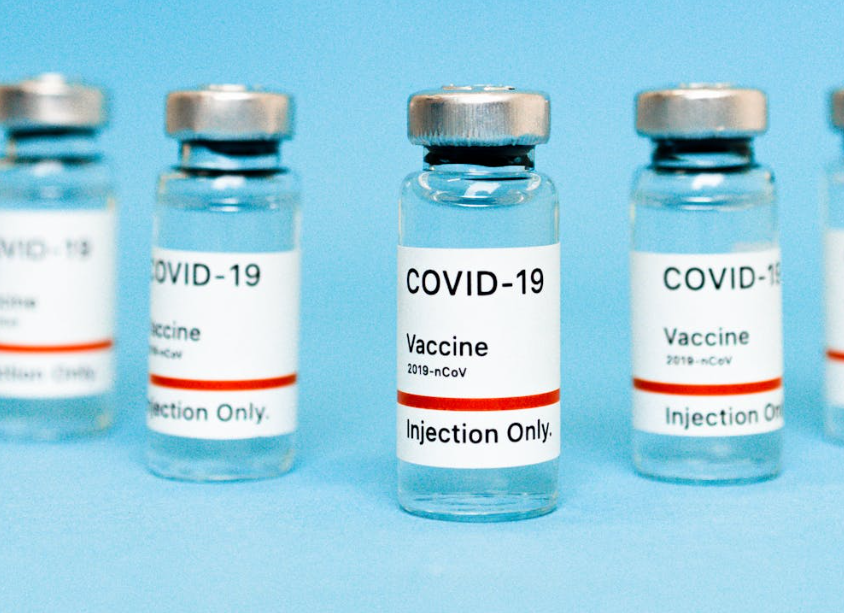A major shift in US health policy has emerged after the national vaccine advisory panel voted to stop recommending Covid-19 vaccinations for all adults. For several years, the jab has been part of routine health guidance, much like the annual flu shot, but the committee has now reversed course.
The Advisory Committee on Immunisation Practices (ACIP) also narrowly voted against encouraging prescriptions for the vaccine, effectively abandoning broad federal support. The decision extends even to high-risk populations, including adults over 65, who were previously considered a priority group. Instead, individuals will now be advised to make their own choices in consultation with a healthcare professional.
This move follows a series of sweeping changes within the health department since Robert F. Kennedy Jr assumed leadership. In June, he dismissed all 17 members of the committee and appointed replacements, sparking controversy in the medical community. The new panel has since reconsidered multiple long-standing vaccine policies.
Earlier this year, the government withdrew recommendations for Covid-19 vaccination among healthy pregnant women and children. The latest change builds on that decision, further narrowing the scope of official endorsement. Debate within the committee reflected sharp divisions: while some experts questioned the jab’s ability to prevent serious infection, others pointed to data showing measurable protection.
The panel’s reconsideration of other vaccines has also caused confusion. On Thursday, it rejected use of the combined measles, mumps, rubella, and varicella (MMRV) vaccine for children under four. By Friday, however, it endorsed two separate options—an MMR vaccine and a standalone varicella shot. Critics argue that the revised guidance risks confusing parents.
Another contentious issue is the hepatitis B vaccine for newborns. The panel postponed a vote on whether babies born to mothers who test negative should still receive the shot at birth, despite decades of evidence supporting its role in reducing infection rates. Some members have openly questioned whether universal vaccination at birth is still necessary.
These policy shifts come amid wider concerns about the direction of US immunisation strategy. Health officials who previously held senior roles have resigned, citing pressure to adopt positions inconsistent with established science. With trust in vaccines already fragile, critics warn that the latest decisions could undermine public confidence further and reverse decades of progress in disease prevention.

